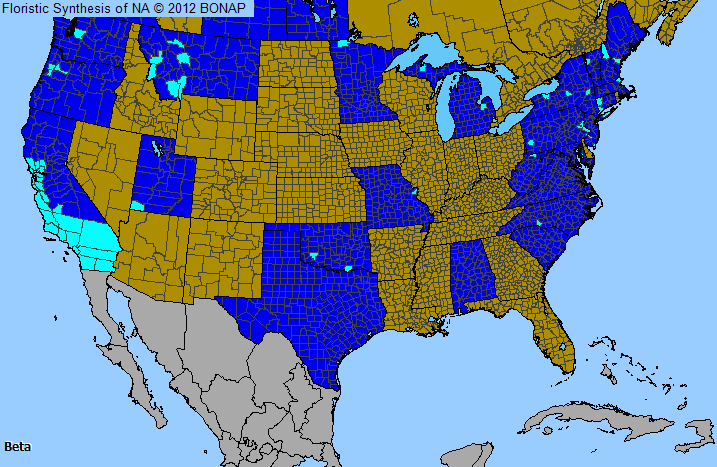
Plant Allergy Overview
Allergenicity
Moderate
Pollen Season
Summer Fall
Type
Weed
Sub-Type
Annual
Allergy Information
Since beet pollen is wind dispersed and higly allergenic, severe pollinosis could occur, especially near sugar beet fields.
Genus Details
Beets are native to southern Europe and are cultivated for food and sugar production. Beets are tall succulent plants with large, fleshy, glossy leaves, and spikes of green flowers. They bloom June-August. Beets can grow to 2 feet tall. The root can be made into a pleasant tasting wine.
Pollen Description
The pollen grains of these families are spheroidal and pantoporate; the pores 20-65 per grain, usually circular, either globally distributed or in luminoid areas separated by muroid ridges; and the opercular granular. The sexine is often tegillate, undulating with a granular surface that is spinulose. The nexine is as thick as or often thinner than the sexine and the intine is generally thick or indistinct.
The pollen grains are 14-50 micrometers in diameter.
Genus Distribution

The shaded areas on the map indicates where the genus has been observed in the United States.
 - Native, observed in a county
- Native, observed in a county  - Introduced, observed in a county
- Introduced, observed in a county  - Rarely observed
- Rarely observedSpecies in Beet Genus
Allergens & Plants Search
Enter a full or partial species name to find more information on one of over 1,200 potentially allergenic plants.
For example, you can find chenopods searching on "cheno"

